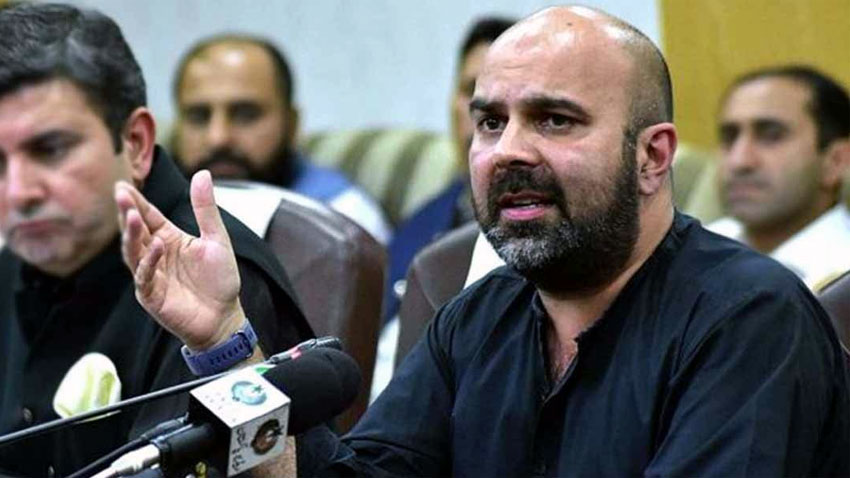In the wake of the 2024 general election in Peshawar, Pakistan, allegations of widespread electoral rigging have surfaced, with significant implications for democratic integrity and public trust. Former provincial health minister and Pakistan Tehreek-i-Insaf (PTI) leader Taimur Saleem Jhagra has raised serious concerns regarding the integrity of the electoral process, highlighting egregious malpractices that have cast doubt on the fairness of the outcomes.
The Shocking Revelation
During a press conference, Taimur Saleem Jhagra unveiled shocking evidence of electoral malpractice, asserting that the constituencies in Peshawar experienced some of the worst rigging in the history of Pakistan’s electoral process. The PTI leader revealed that he had acquired a Form-45 document from a discarded location, suggesting deliberate attempts to manipulate the election results.
Key Allegations and Witnesses
Joining Taimur Jhagra at the press conference were former minister Kamran Bangash and Arbab Jehandad, who corroborated the claims of rigging. Kamran Bangash disclosed that discrepancies were evident in the electoral records, with votes at numerous polling stations being erroneously swapped between candidates. This revelation not only points to localized irregularities but also raises broader concerns about the systematic nature of electoral malpractice.
Calls for Immediate Action
The gravity of the situation is underscored by Taimur Jhagra’s plea to expedite legal proceedings related to election rigging. He emphasized that nearly every candidate possessed evidence of foul play, indicating the pervasive nature of electoral misconduct in the region. Additionally, Kamran Bangash emphasized the urgency of the situation, calling for accountability from election officials implicated in the rigging.
The Path Forward: Addressing Electoral Integrity
In light of these revelations, the onus falls on the Election Commission of Pakistan (ECP) to conduct a thorough investigation into the alleged malpractices. Urgent steps must be taken to restore public confidence in the electoral process and hold accountable those responsible for subverting democratic norms. The integrity of future elections hinges on swift and decisive action to address the grievances outlined by concerned political figures.
Conclusion
The allegations of electoral rigging in Peshawar’s 2024 general election represent a serious challenge to democratic principles and the rule of law. The evidence presented by Taimur Jhagra and his colleagues demands immediate attention and action from relevant authorities. Transparency, accountability, and electoral integrity must be upheld to preserve the democratic fabric of Pakistan. The resolution of these allegations will serve as a litmus test for the country’s commitment to free and fair elections.

